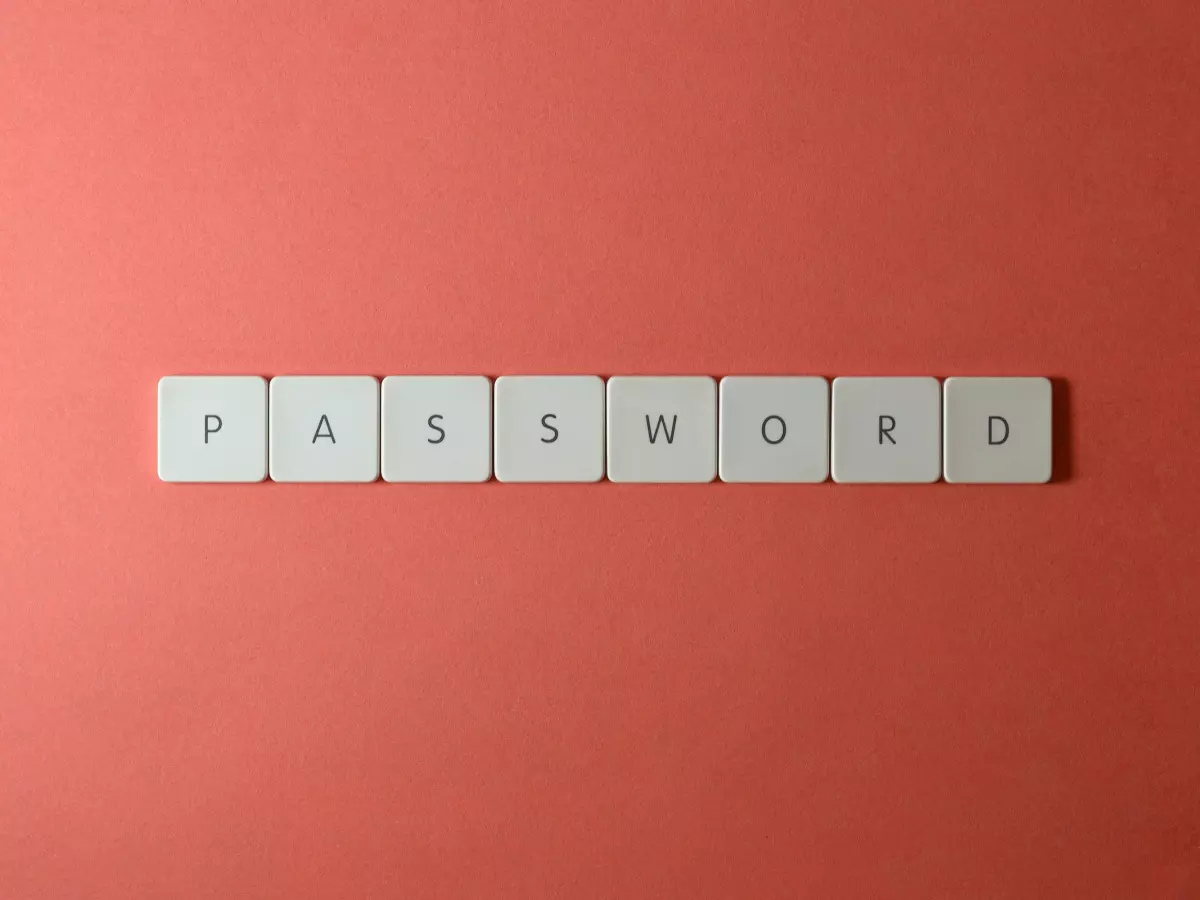Crypto Key Management
You’ve probably heard it before: “Not your keys, not your crypto.” It’s a phrase that’s become gospel in the world of cryptocurrency. But what does it really mean, and how does blockchain technology play a role in securing these precious keys?

By Isabella Ferraro
Let’s start with the basics. In the world of cryptocurrency, your private key is the golden ticket. It’s the secret code that gives you access to your digital assets. Lose it, and you’re locked out. Worse, if someone else gets their hands on it, they can drain your wallet faster than you can say “blockchain.”
So, how do we protect these keys? Traditionally, key management has been a bit of a headache. You’ve got hardware wallets, software wallets, paper wallets, and even brain wallets (yes, that’s a thing). Each has its pros and cons, but they all share one common goal: keeping your private key safe from prying eyes.
Enter blockchain technology. While blockchain is often associated with the actual transactions and the decentralized ledger, it’s also playing a growing role in key management. And no, I’m not just talking about storing your keys on the blockchain—that would be a terrible idea. Instead, blockchain is being used to create more secure, decentralized systems for managing and recovering your keys.
One of the most exciting developments in this area is the rise of decentralized key management systems (DKMS). These systems use blockchain’s decentralized nature to distribute the responsibility of key management across multiple nodes. Instead of relying on a single point of failure (like a centralized exchange or a single hardware wallet), DKMS spreads the risk across a network, making it much harder for hackers to compromise your keys.
But wait, there’s more! Blockchain is also being used to create more secure methods of key recovery. Traditionally, if you lost your private key, you were out of luck. But with blockchain-based recovery systems, you can set up a network of trusted parties (think friends, family, or even other devices) who can help you recover your key if you lose it. This is known as “social recovery,” and it’s a game-changer for anyone who’s ever had a mini heart attack after misplacing their private key.
Of course, no system is perfect, and decentralized key management has its own set of challenges. For one, it’s still a relatively new concept, and not all blockchain networks support it yet. Additionally, while social recovery sounds great in theory, it does require a high level of trust in the people or devices you choose to help recover your key. If one of them turns out to be untrustworthy, you could be in for a world of hurt.
So, is decentralized key management the future of crypto security? It’s certainly looking that way. As more and more people enter the world of cryptocurrency, the need for secure, user-friendly key management solutions is only going to grow. And blockchain, with its decentralized, tamper-proof nature, is uniquely positioned to meet that need.
But let’s not get ahead of ourselves. While blockchain-based key management systems are promising, they’re not a silver bullet. You still need to take basic precautions, like using strong passwords, enabling two-factor authentication, and keeping your recovery phrases in a safe place (preferably not on a sticky note next to your computer).
At the end of the day, the security of your crypto keys is only as strong as the weakest link in the chain. And while blockchain can help strengthen that chain, it’s up to you to make sure you’re not the weak link.
So, what’s the takeaway here? Blockchain is revolutionizing key management, making it more secure and user-friendly than ever before. But it’s not a magic solution. You still need to be vigilant and take responsibility for your own security. After all, in the world of crypto, there’s no such thing as too careful.
Now, here’s a question for you: How confident are you in your current key management setup? Are you relying on a single hardware wallet, or have you embraced the decentralized future of key management? It might be time to rethink your strategy.





